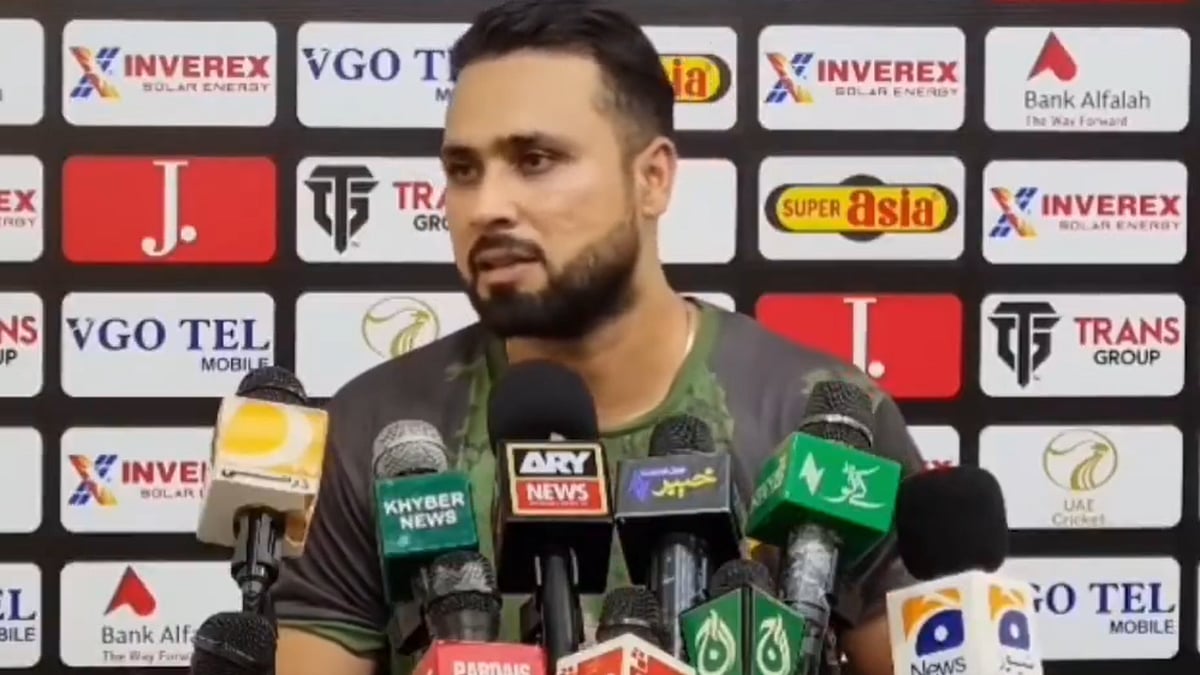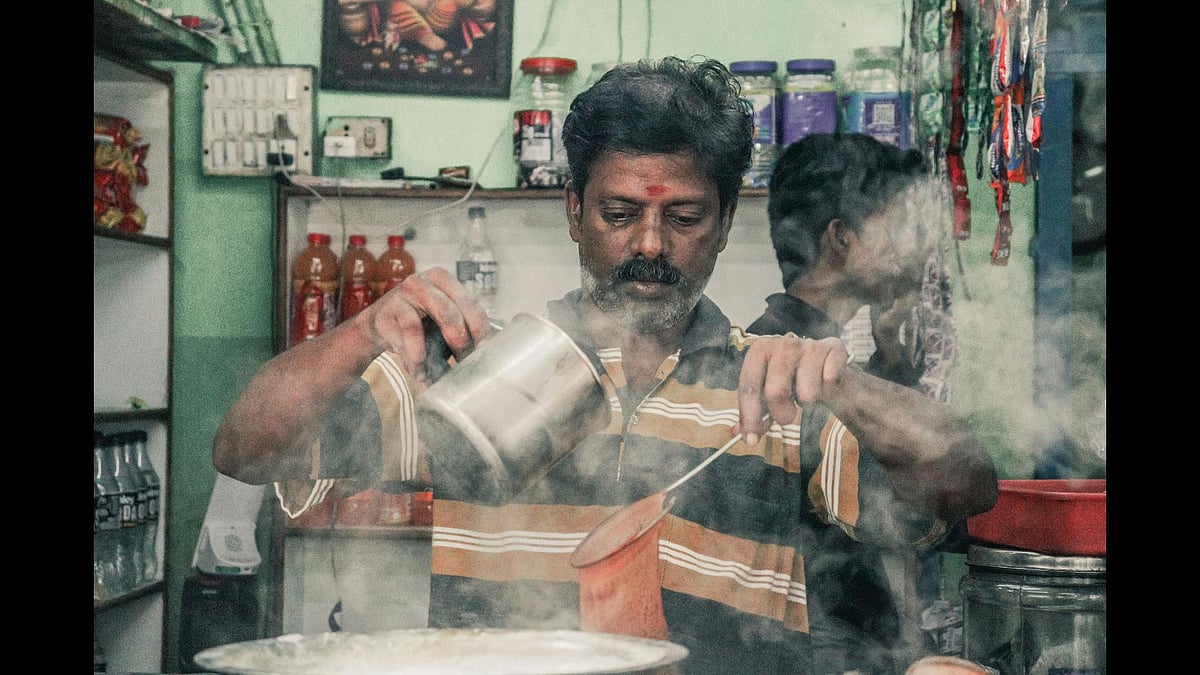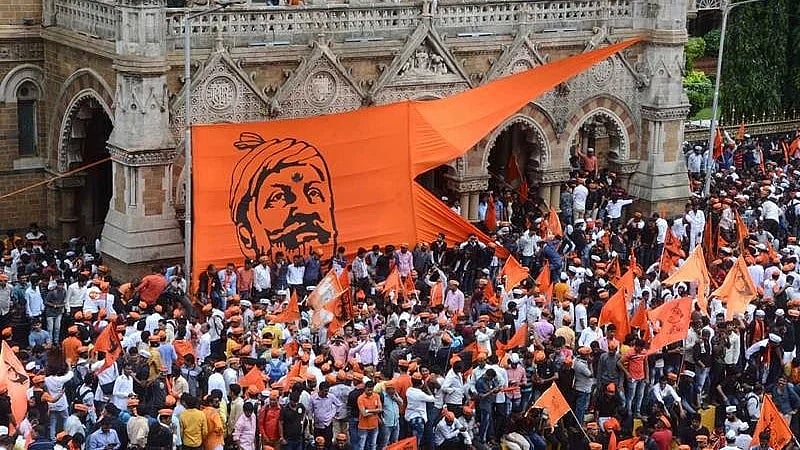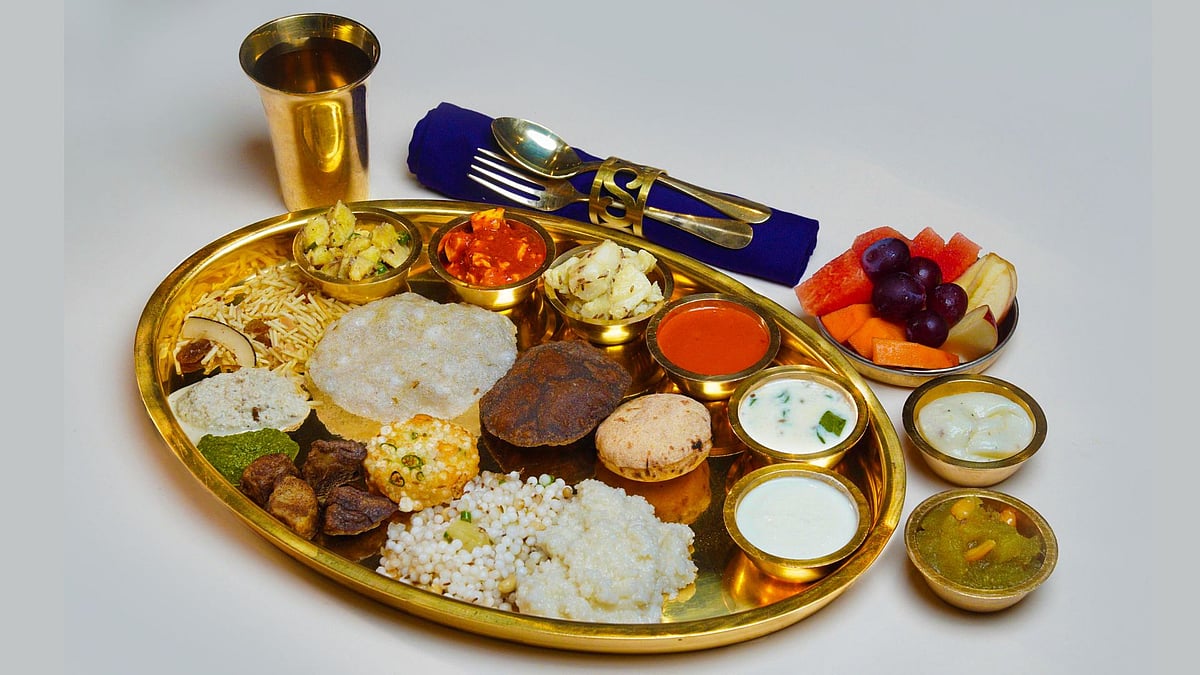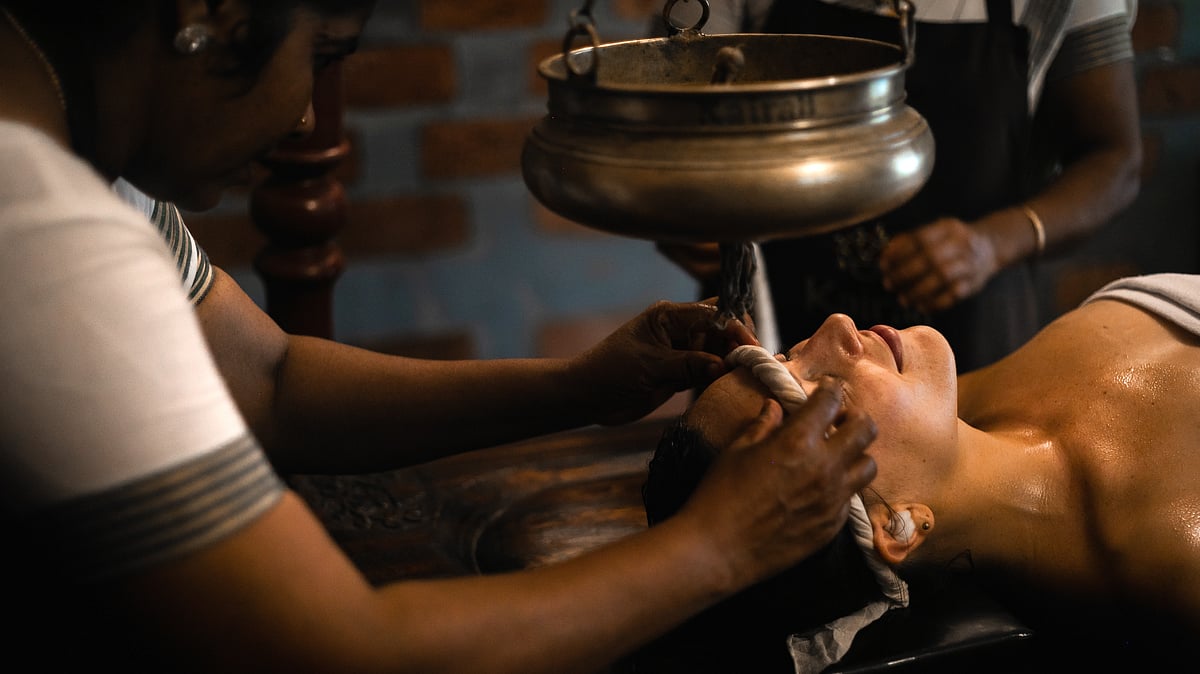The National Council of Educational Research and Training has removed all references to the Mughal history and the Delhi Sultanate from the textbooks of class 7. This action has sparked a debate among the people, whether Indian history can be taught without mentioning the Mughal empires. This also makes us question the importance of teaching civic sense rather than focusing on omitting chapters from history.
History is that subject that changes depending on who writes it. Basanti Roy, retired Divisional Secretary with the Maharashtra State Board of Secondary and Higher Education, talks about the authenticity of the subject, “Now, in a subject like history, 100% authentic information is not there. Unlike Maths or Science, it’s a subject where a lot of things depend on the perspectives of the historians at the time.”
History is subjective, and governments often alter it to suit their party ideology. Meghnad S, a journalist, podcaster, YouTuber and author, talks about how the history subject is changed depending on the ruling party’s ideology, “Every Historian has their interpretation. Usually, when a particular party comes into power, they will have some ideological leaning or economic leaning, so they will try to support their version of history while simultaneously they will try to remove the interpretation they don't agree with.”
Megha Malhotra believes that History and Civics both have important roles to play in a student’s life. Malhotra is the director of The Seagull Foundation for the Arts, which includes projects like PeaceWorks and History for Peace. The project History for Peace is a platform for discussion, debate and the exchange of ideas about teaching and learning history for peace and understanding. She says, “Public History and Civics are equally important. Each one of these subjects plays a vital role in understanding the causes and consequences of major developments in human civilisation; teaches critical thinking and analytical skills; encourages students to evaluate evidence, form reasoned arguments, and understand how interpretations of history can vary based on cultural, social and political contexts. It provides a sense of identity and continuity. In our country, history teaching at the school level desperately needs to move away from rote learning pedagogy to harness history education's potential for students.”

Both subjects are necessary for students. Fleur D’Souza, a retired history professor at St Xavier’s College, says, “History and Civics (study rights and duties of citizens) have always been an important segment of the school curriculum. With an emphasis on STEM courses, society's focus seems to be just job-oriented and not preparation for life. History, if understood as a study of the past and its hard-fought-for institutions, both political and social, such as equal rights for women, and those less privileged, essentially prepares society to be better informed, worthy citizens.”
She believes imparting good civic sense can make students better citizens. She adds, “A good civic sense builds a better society. Civic consciousness benefits all citizens.”
Meghnad comments on the way Civics is taught. He says, “Civics is not applied Civics. It is always theoretical. Whenever you read about your rights and duties, as outlined in the Constitution and other sources, a teacher rarely connects them to a real-life event. A teacher will never say that, by the way, now that we are talking about the judiciary, please read up on the news or what is happening in the judiciary. They will never relate the words taught in the book to the real world. So there is no relatability factor there.”
He further says, “The way it was structured- History, Geography and Civics. And depending on your teacher, history or geography would get more weightage, and civic would be a binary thing on the side. Weightage-wise, also, people don't think civics is more important. Even the way the curriculum is designed, the civic subject is third in the hierarchy. History is a great thing to tell stories about. But what stories can you tell in civics? So the only thing you can do is apply it to your real life. For example, what does it mean to be a citizen of India? That question will never be asked. Sure, they will tell you that to become a citizen, you need to live in India for many years, but they will never tell you what the citizenship act means.”
Teaching civics is not enough. The system needs to teach children how to use it in real life. Meghnad says, “They are taught fraternity, they are taught no discrimination, and everyone should be treated equally in front of the law. But do they go out, or do they ask kids to go out and ask their parents or neighbours? It’s true that you’ve been taught about fraternity, but do they go home and talk about it? Do you even note down the responses?”
Focusing on subjects that help students become better citizens and individuals is the need of the hour. Roy says, “Subjects which are very important to become a responsible citizen these subjects should be given more importance. Knowing subjects like science and maths are different things, but building up a character, social and civic sense is more necessary in a country like ours. We need to teach them more discipline, more respect for public property, and better behaviour in social places. This can be taught in school days only, where children are given more attention. A proper grooming can happen if these subjects are taught in a serious manner.”
Smita Gandhi, Principal of CP Goenka School, emphasised the importance of teaching civic sense to children. She says, “If I talk about 21st-century skills or global skills, every citizen should know active citizenship. That’s how you contribute to a better society. So, children need to understand how they can be active citizens for the overall well-being of society. When you are civically sensible, you are a responsible citizen of the country, you have empathy towards people around you, and you also develop social skills that are required to coexist in a very amicable way in society.”
Children need to understand how society works. She adds, “When I talk about civic sense, I mean the protocol to live in a society where you live cohesively with people around you. For example, standing in a queue, not littering on the road.”
History is a crucial subject that helps students understand and know the past and learn from it. Civics, on the other hand, can contribute immensely to making students better citizens. Instead of constantly changing and focusing on omitting important lessons like Mughal history, we need to focus on imparting both theoretical and practical knowledge of how to become better people in society. We see people, including both educated adults and students, littering on roads, not following signals and misbehaving at public places. This shows that our education system has not been very successful in teaching the basics required to become a good citizen.


